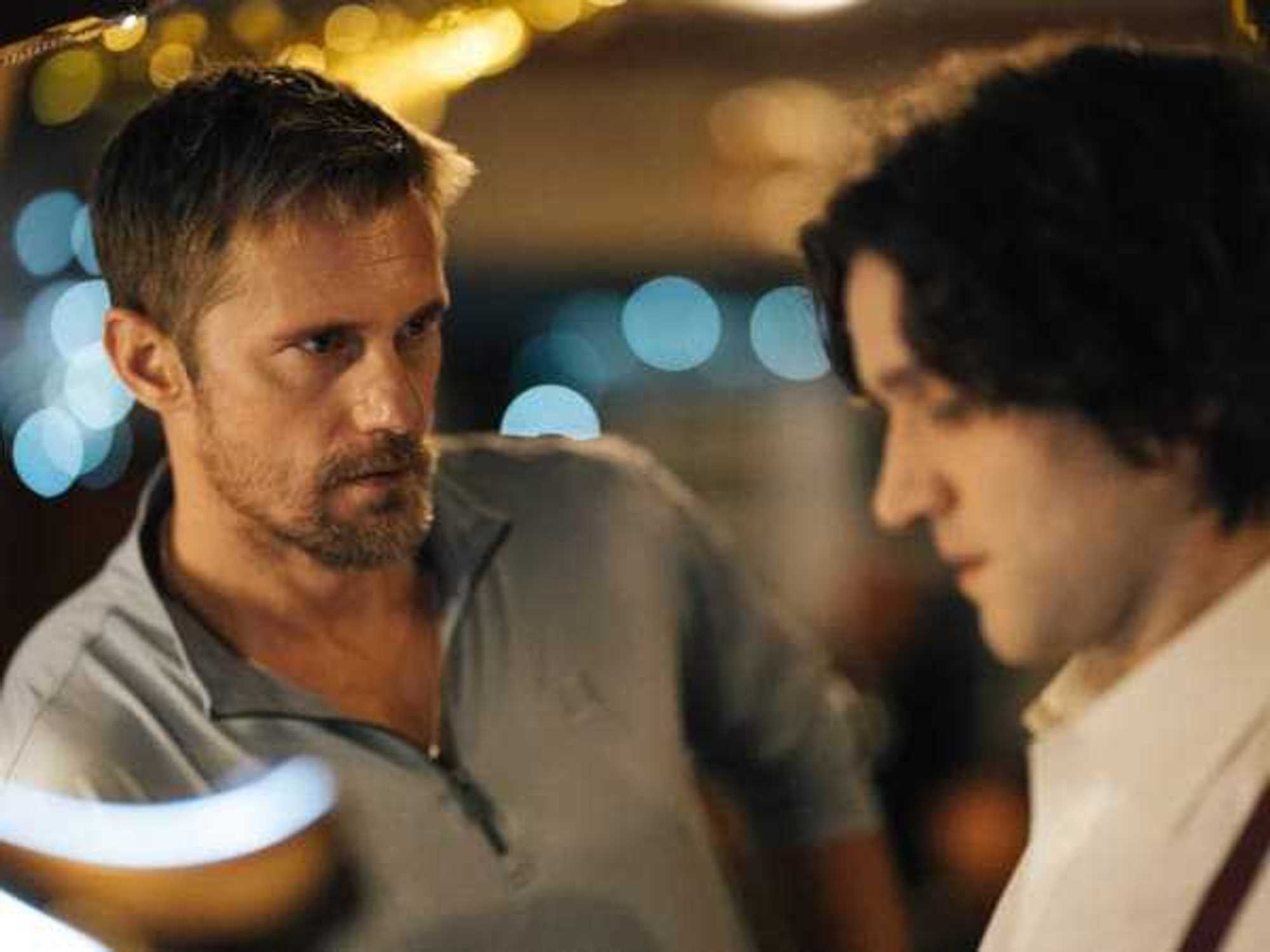Pessimism is rarely this entertaining
Optimistic Pessimist: Fossil hunter Richard Leakey believes the end of the worldis near — yet he's hopeful
 Leakey in a 1972 photo
Leakey in a 1972 photo Richard E. Leakey, paleoanthropologist
Richard E. Leakey, paleoanthropologist Richard E. Leakey on the Nov. 7, 1977, cover of Time
Richard E. Leakey on the Nov. 7, 1977, cover of Time Richard E. Leakey describes the discovery and naming of the first "habilis" in"The Making of Mankind."
Richard E. Leakey describes the discovery and naming of the first "habilis" in"The Making of Mankind."
Richard Leakey, paleoanthropologist, conservationist, activist and rock star fossil finder, came to Houston as part of The Progressive Forum to address the subject of why our origins matter. And matter they do, if we hold half a hope of being around for the next millennium.
Progressive Forum President Randall R. Morton cracked up the sold-out crowd up by introducing Leakey as "the most interesting man in the world." Morton describes Leakey's writings as the most moving science literature he has ever read concerning the human saga and the fate of the species.
Morton nailed it. Leakey proved both intensely interesting and moving as he took us backwards in time, touching base on the skeletons we might find in ancient days. The news for homo sapiens is not encouraging. We are on the way out people, largely of our own doing.
All that said, pessimism is rarely this entertaining. Leakey held the flock spellbound with his riveting ideas, findings and dare I say, dire warnings about our gloomy fate. "By looking at our origins we can best understand that we may or may not have a future," he said.
Named one of the 100 greatest minds of the 21st century by Time magazine, Leakey has led a mission to end elephant poaching, started a political party in his native Kenya and is the founder of WildlifeDirect.org, an online service that gives everyone the power to join in the mission to save the world's endangered species. He may be best known for his discovery of the legendary Turkana Boy, the first early human with an upright stature, who lived some 1.6 million years ago.
The son of Mary and Louis Leakey, the world renown fossil hunter continues his family's profound scientific legacy through his writings, numerous ground-breaking discoveries and advocacy. His books include The Sixth Extinction: Patterns of Life and the Future of Mankind, Origins Reconsidered: In Search of What Makes Us Human and Wildlife Wars: My Fight to Save Africa's Natural Treasures.
Following Richard Dawkins' mission, Leakey let it be known he's grown intolerant with creationists, anti-scientific thinking, and religious bigots. In his lecture, he went on to unravel the origins of fundamentalist troubles with evolution having to do with the ill-conceived notion of God making man in his own image. It works just fine until the skeletons no longer look like us. Then all hell breaks loose.
"It's just unacceptable for some," he said. "Even Darwin has troubles with religious fundamentalists."
Leakey addressed the catastrophic consequences of human centric short-term thinking. "There's always been a link between climate change and extinction. We are only concerned about the planet because we are on it," he said. "We don't even have a definition of what is 'us.' As Dawkins says we are a product of accident and are not at the apex of anything. We are already in the next great episode of extinction. We lose a species every 20 minutes."
During the Q & A, Leakey addressed key issues regarding the future of the species and his field. "The most exciting work will be on the origins of bipedal locomotive posture and speech," he said.
Leakey went on to draw a connection between biped posture and compassion. "With only two legs I know from experience that humans need to help each other," said Leakey, who lost both his legs in an accident. He went on to relay a telling and hilarious tale of losing is prosthetic leg in the middle of a busy road. He also mentioned finally getting to the bottom of the migration of humans out of Africa some 65,000 years ago.
The explorer, who has faced assassination attempts, shared insights on his own life. "I'm not spiritual whatsoever. I have no fear of death. When you die you are dead. There's no harm in being dead. I'm dead. So what? I live my life to the hilt."
He hopes the material in his newest book, The Sixth Extinction: Patterns of Life and the Future of Mankind, to become a feature film some day.
Leakey concluded on a hopeful note. He puts his faith in the young minds of the world, which is why access to a proper science education is so crucial.
"We need to put aside bigotry and let young scientific minds work on our common crisis. These are smart people able to solve our problems, we just need to let them do it."
